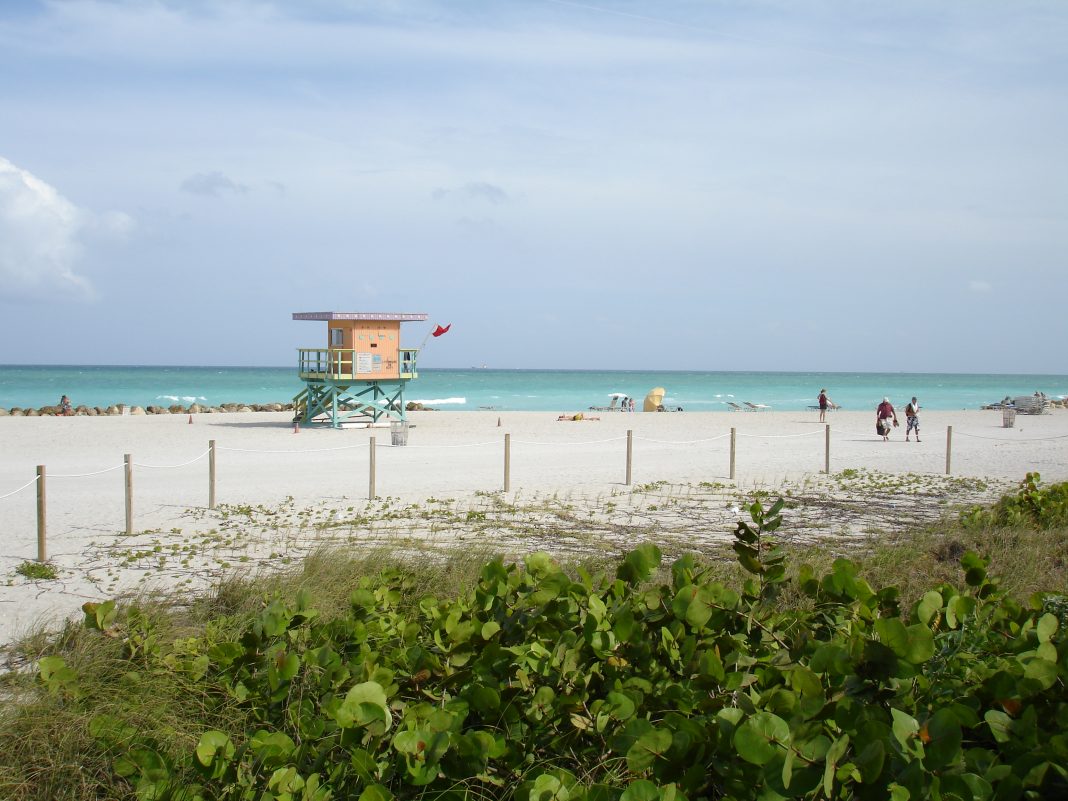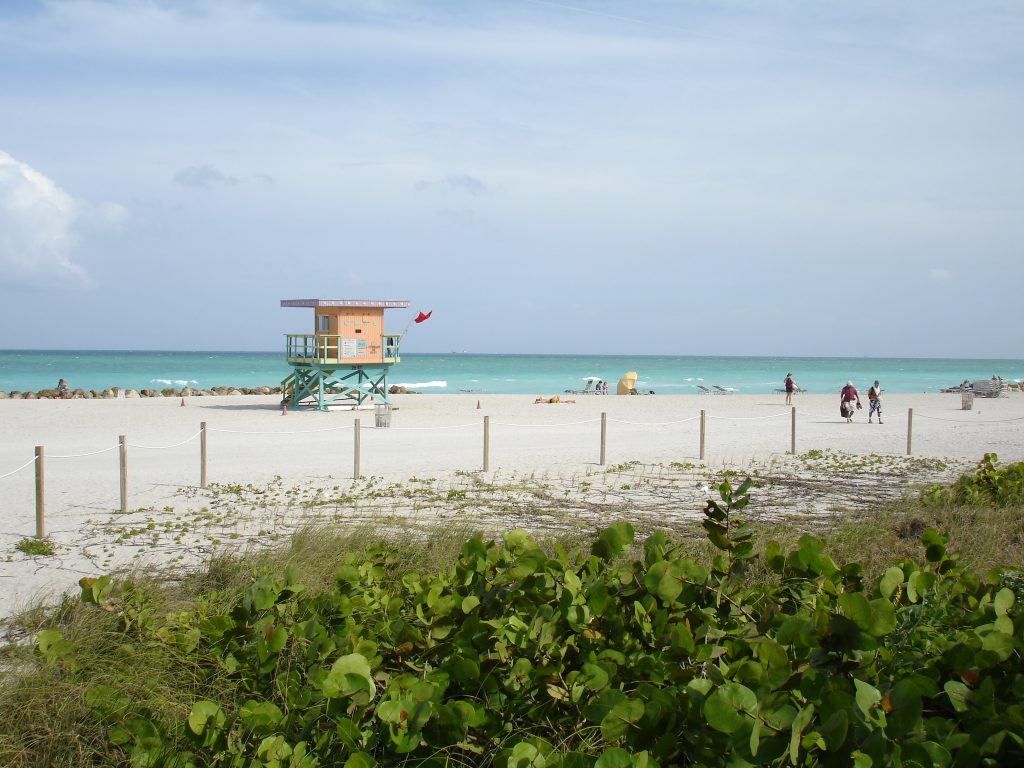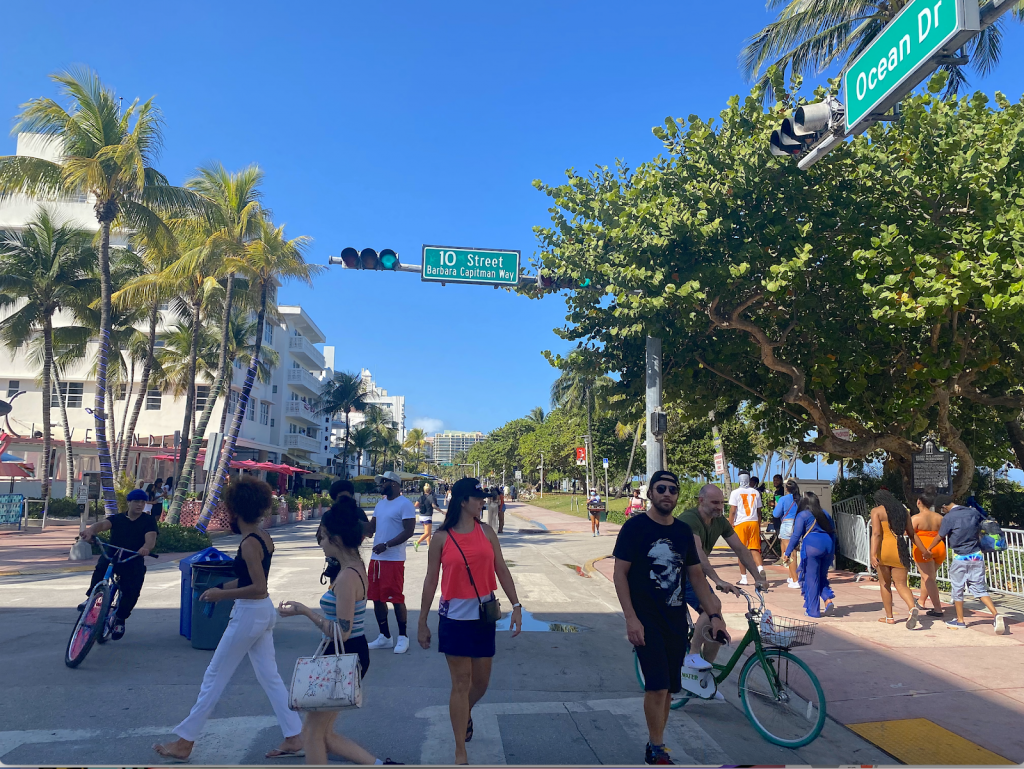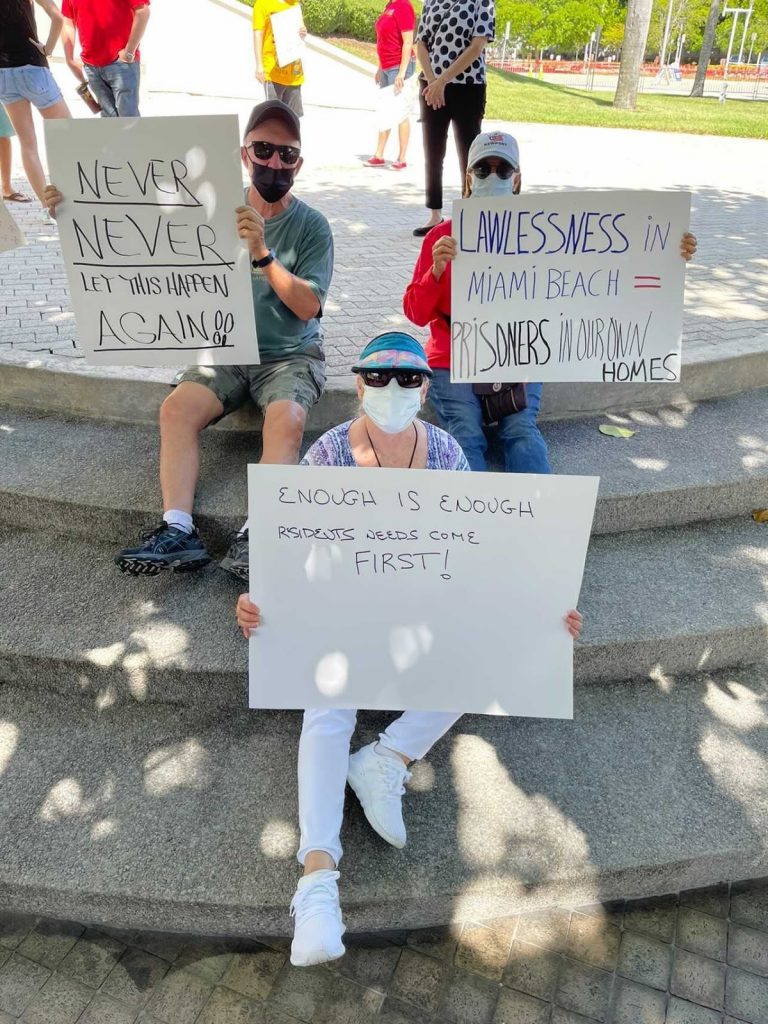

Thousands of tourists flocked to Miami Beach ready to party and celebrate spring break despite continued COVID regulations in the area. In late March and early April, tourists fueled a spike in reckless behavior, with over 900 arrests and an estimated 80 firearms confiscated in a matter of weeks, according to the Miami Beach Police Department.
“This year I noticed an increase in traffic, cars with loud music driving around, speeding through the roads and lots of loud sirens from either police or firefighters passing through frequently,” said Adolfo Moura, a University of Miami student and current South Beach resident. “The other night there were over 30 police cars in the next block for some incident that happened. I’ve never seen that before around here.”
UM junior and meteorology major Josh Stewart said he tried to celebrate spring break with his friends but made an effort to avoid the crowds.
“It’s really sad how people come from out of town and just wreck our beautiful city,” said Stewart. “We went to get lunch at the Sugar Factory early around 11 in the morning to avoid the crowds.”

UM junior Cristina Herrera, a double major in motion pictures and broadcast journalism, said her day in Miami Beach was quickly derailed by a violent confrontation between tourists and the police.
“The beach was overall peaceful, but once the curfew was announced, that’s when things got really crazy,” Herrera said. “Police officers started tear gassing the crowd and people were running everywhere. There had to be over a hundred people on Collins and no one wearing a mask.”
Miami Beach Mayor Dan Gelber and City Manager Raul Aguila expressed concern for students and tourists alike during a live press conference on March 20.
“It looked like a rock concert. You couldn’t see the pavement, and you couldn’t see grass,” Aguila said, expressing concern for the safety of residents, visitors and spring breakers alike.
On March 27, Miami residents held a protest at Miami City Hall to voice their frustrations as a direct result of spring breakers’ arrival and behavior. Kristen Rosen Gonzalez, a former Miami Beach commissioner, helped organize the protest after a local resident reached out to voice their concerns.
“Residents are very tired and our city workers are overworked,” Rosen Gonzalez said. “We don’t have the resources to control the party and that’s why we came out to protest. Basically to tell people this is our home.”
Rosen-Gonzalez said the protest was held to induce action from local politicians.
“I would like the mayor and the members of the commission to remember our protest when they go to vote at their next meeting on April 21,” Rosen-Gonzalez said. “I think it’s important they understand the residents are fed up, and this is an election year and we want change…We’re not going to accept that tourists come to our city and trash it, and if that’s the case, then we’d rather not have those tourists.”

Nick D’Annunzio, a Miami Beach resident for more than 20 years, said he attended the protest because he wants better for his community.
“The protest was a wake-up call for our city to listen to the residents to help prevent and to stop this,” said D’Annunzio. “It was a platform where we had opinion leaders from all sectors, from gay to black and so forth, announcing the type of behavior that was happening.”
D’Annunzio said he was upset by the absence of state officials at the protest but added that local police officers came to show their support.
“We’re allowing these individuals who are actually the majority, not even in college, to kind of take over our city, destroy our reputation and bring lawlessness,” D’Annunzio said. “It was trying to create a dialogue to stop the anarchy.”
Featured photo by Heather McLaughlin via Flickr at a license found here.





